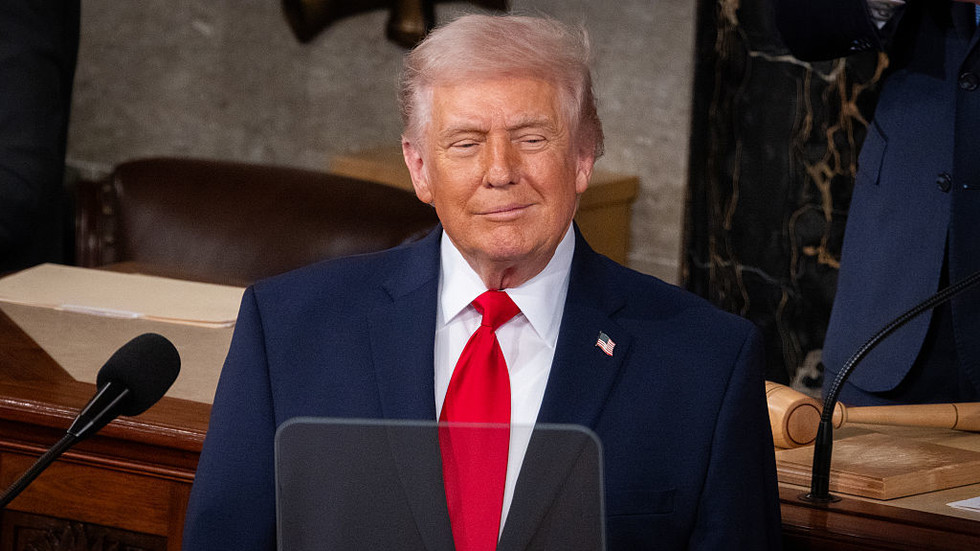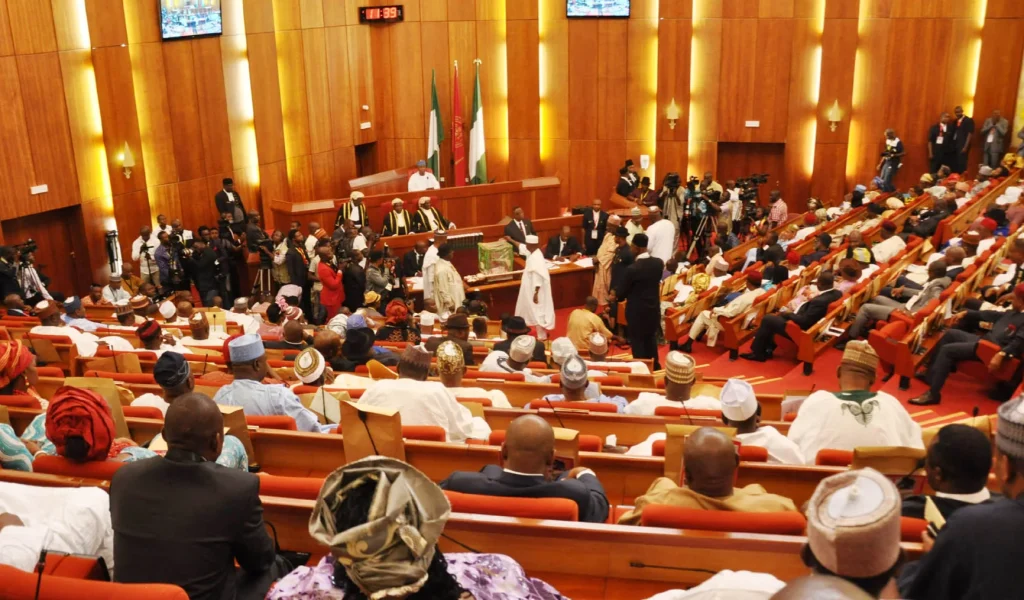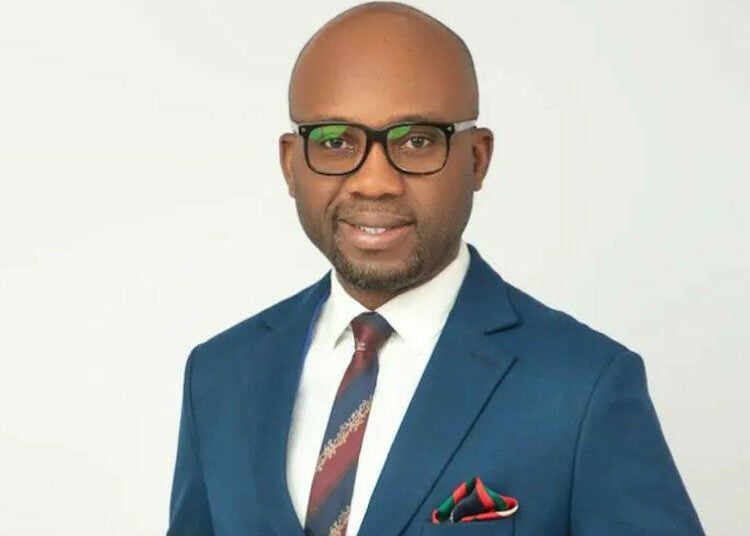In a groundbreaking diplomatic move, U.S. Secretary of State, Antony J. Blinken, is set to embark on a pivotal visit to Nigeria from January 23-24. During this visit, Secretary Blinken’s agenda features high-profile meetings with President Bola Tinubu, Foreign Minister Yusuf Tuggar, and representatives from civil society. The focal point of these discussions is to strengthen the bilateral relationship between the United States and Nigeria and reinforce commitments made during the U.S.-Africa Leaders Summit. These commitments encompass crucial areas such as climate change, food security, and health security. Moreover, the visit aims to underscore the pivotal role of economic partnership and highlight the United States’ investments in African infrastructure, envisaging a surge in two-way trade, job creation, and enhanced global competitiveness for Africa.
U.S.-Nigeria Relations:
The enduring partnership between the United States and Nigeria, as Africa’s foremost economy and beacon of democracy, is underpinned by mutual interests, shared values, and robust people-to-people ties. This collaboration hinges on advancing common grounds in security cooperation, global health security, economic growth, democracy, and human rights. Notably, the United States has substantially invested in Nigeria’s economic growth, bolstering trade through both private sector engagement and government-supported initiatives such as the West Africa Trade and Investment Hub, Prosper Africa, and Power Africa. In FY 2022, the United States allocated nearly $1.2 billion in foreign assistance resources to Nigeria, cementing its support across various pivotal sectors including economic development, education, democracy, and health.
Health Cooperation:
The United States has emerged as a steadfast ally in fortifying Nigeria’s health sector. Noteworthy initiatives such as the U.S. President’s Emergency Plan for AIDS Relief (PEPFAR), the U.S. President’s Malaria Initiative (PMI), and the global health security intensive support partnership program have played a pivotal role in saving countless lives, fortifying health systems, and equipping Nigeria and the world to preempt, detect, and combat prevailing and future health threats. The U.S. investments in Nigeria last year surpassed $570 million, focusing on combatting diseases such as HIV, tuberculosis, and COVID-19. PEPFAR’s significant contributions totaling nearly $8.3 billion over two decades have provided critical HIV testing, prevention, care, and treatment services to the Nigerian populace. In tandem, partnerships like PMI have made significant strides in reducing child mortality rates and strengthening health systems. Moreover, the United States has been instrumental in collaborating with the Nigerian government to combat health threats such as cholera and diphtheria, empowering Nigeria’s health workforce and enhancing disease surveillance systems.
Economic, Trade, and Investment Ties:
Nigeria stands as the United States’ second-largest trading partner in Africa, with bilateral trade exceeding $10.6 billion in 2022. The United States takes pride in being one of the leading foreign investors in Nigeria, with total foreign direct investment reaching $5.6 billion in 2022. Furthermore, the partnership’s tech-centric approach has witnessed substantial investments in Nigeria’s tech ecosystem, leveraging technological innovations to address pressing global challenges across education, healthcare, agriculture, and key areas of economic growth and development.
Climate and Food Security:
As Nigeria actively accelerates its climate action, the country has joined hands with the United States, marking significant milestones such as the Global Methane Pledge and the Net-Zero World partnership. In line with these commitments, Nigeria is striving to eliminate gas flaring and significantly reduce greenhouse gas emissions by 2030, wherein the United States is extending critical support through technical expertise and assistance. The Power Africa initiative has empowered over 1.4 million Nigerians with privately managed, renewable off-grid power generation, propelling sustainable energy solutions. Simultaneously, through the Feed the Future program, the United States is aiding Nigeria in promoting sustainable and inclusive economic growth, particularly in agriculture, resilience, and nutrition.
Democracy and Human Rights:
The forthcoming 2023 elections in Nigeria have garnered crucial support from the United States, with 44 civil society organizations spearheading civic and voter education initiatives aimed at 68 million Nigerians. These efforts align with the United States’ commitment to fortifying election processes and innovative projects that foster peaceful conflict resolution within communities. Collaborative endeavors with civil society, armed forces, law enforcement, and the judiciary underscore the shared determination to confront security challenges and nurture democracy and human rights.
Peace and Security:
The United States has been at the forefront of justice and security reform initiatives in Nigeria, encompassing the enhancement of counterterrorism capabilities, leveraging technology to streamline court procedures, and promoting accountability and transparency within security forces. This extends to technical assistance and training endeavors aimed at addressing multifaceted challenges, including counter-narcotics, cybercrime, and human trafficking. The shared priority of securing Nigeria has seen the United States provide approximately $650 million in security assistance since 2017, complemented by $1.8 billion in Foreign Military Sales. Moreover, collaborative efforts have been pivotal in bolstering Nigeria’s resilience against terrorist threats, countering terrorism financing, and combating violent extremism.
Partnership for Atlantic Cooperation:
Nigeria’s integral role in the Partnership for Atlantic Cooperation underscores its positive influence within this sphere, aligning with the White House’s overarching objectives.
The U.S.-Nigeria partnership stands as a testament to global collaboration, promising prosperity, and cementing enduring ties that resonate on an international scale.
Strengthening Ties: The United States and Nigeria Enhance Bilateral Relations
In September 2023, the Atlantic Council launched the Priority Partnership, a collaborative platform for coastal states bordering the Atlantic Ocean. With 36 member states, this initiative aims to address collective challenges while fostering a peaceful, stable, and prosperous Atlantic region. The partnership also seeks to promote a sustainable and resilient Atlantic for future generations.
People-to-People Ties
Nigeria stands out for its active participation in various exchange programs, demonstrating a robust bond with the United States. The country consistently ranks among the highest contributors to the Fulbright Program, Mandela Washington Fellowship, TechWomen, and the International Visitor Leadership Program. Notably, Nigeria boasts over 12,000 education and exchange program alumni.
The educational exchange between Nigeria and the United States is equally noteworthy, with more than 17,000 Nigerians studying in the U.S., ranking the country seventh among global sending nations. The U.S. Mission in Nigeria, through its EducationUSA initiative, has provided guidance to approximately 80,000 prospective students in 2023, securing nearly $30 million in scholarships for deserving candidates through its Opportunity Funds Program.
Furthermore, Nigeria’s American Spaces network has made significant strides, engaging over 56,000 participants in 2023 through diverse programs focusing on civic engagement, women’s participation in politics, STEM education, entrepreneurship, and youth development.
Emphasizing their commitment to capacity building, the U.S. Mission in Nigeria, in collaboration with public and private sector partners, has been instrumental in empowering young Nigerians in the creative industries. Notably, over 500 emerging filmmakers have benefited from workshops conducted by U.S. filmmakers, supported by the American Film Showcase and Global Media Makers ECA programs.
Moreover, the United States and Nigeria have forged robust bilateral cooperation in cultural heritage protection and preservation, underscored by the signing of a bilateral cultural property agreement in January 2022. Notably, Nigeria is one of only two sub-Saharan African countries with a similar agreement with the United States, receiving funding exceeding $1.3 million for 15 cultural preservation projects from the U.S. Ambassadors Fund.
The strong ties and collaborative efforts between the United States and Nigeria across various domains serve as a testament to their enduring partnership and shared commitment to fostering mutual growth and development.
By reporting on these impactful collaborations and exchanges, it is evident that the relationship between the United States and Nigeria continues to thrive and evolve, shaping a future defined by sustainable development, cultural enrichment, and mutual prosperity.



